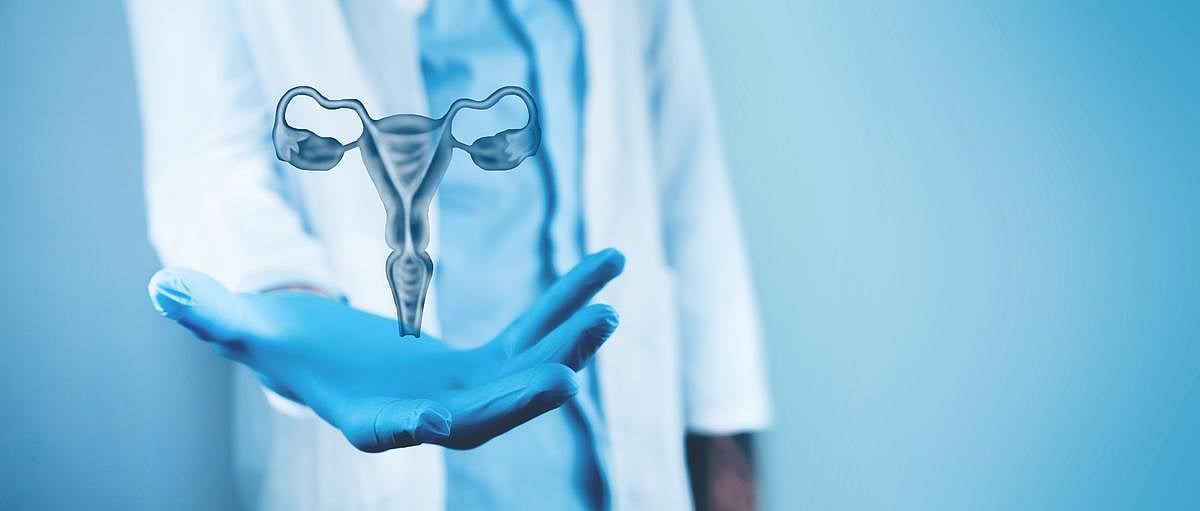Get Healthy!

- Dennis Thompson
- Posted October 11, 2024
Hope for New Test, Treatment for Endometriosis
Endometriosis could be linked to the health of a woman’s microbiome, a new study says.
The discovery might help lead to an early test for the painful condition, and possible new treatments.
A specific set of bacteria in women’s gut microbiome appear to be unique among those with endometriosis, a condition that occurs when tissue similar to the lining of the womb grows on other parts of the body, researchers found.
Researchers specifically found that a lack of a bacterial byproduct called 4-hydroxyindole is linked to an increased risk of endometriosis.
“This compound is produced by ‘good bacteria,’ but there is less of it in women with endometriosis than in women without the condition,” lead researcher Chandni Talwar, a postdoctoral associate with the Baylor College of Medicine, said in a news release.
The results indicate that stool tests might help predict a woman’s risk of endometriosis, researchers said.
Further, doctors might be able to treat the condition by altering a woman’s microbiome or treating her with dietary supplements, they added.
Giving 4-hydroxyindole to lab mice prevented endometriosis or warded off the progression of inflammation and pain associated with the condition, researchers report in the journal Med.
“Our study is the first to discover a unique metabolite profile linked to human endometriosis, which brings us closer to better understanding the human condition and potentially identifying better ways to manage it,” Talwar said.
Endometriosis is a painful condition that affects nearly 200 million women worldwide, researchers said in background notes.
“Endometriosis develops when lining inside the womb grows outside its normal location, for instance attached to surrounding intestine or the membrane lining the abdominal cavity,” senior researcher Rama Kommagani, an associate professor of pathology and immunology at Baylor, said in a news release. “This typically causes bleeding, pain, inflammation and infertility.
Based on these findings, researchers now are working on a stool test for endometriosis.
“Generally, it takes approximately seven years to detect endometriosis and is often diagnosed incorrectly as a bowel condition,” Kommagani said. “Thus, delayed diagnosis, together with the current use of invasive diagnostic procedures and ineffective treatments underscore the need for improvements in the management of endometriosis.”
The researchers also are evaluating the safety and effectiveness of 4-hydroxyindole as a potential treatment for endometriosis.
“Interestingly, our findings also may have implications for another condition. The metabolite profile we identified in endometriosis is similar to that observed in inflammatory bowel disease, revealing intriguing connections between these two conditions,” Kommagani said. “Our findings support a role for the microbiome in endometriosis and IBD.”
More information
The Cleveland Clinic has more about endometriosis.
SOURCE: Baylor College of Medicine, news release, Oct. 11, 2024
